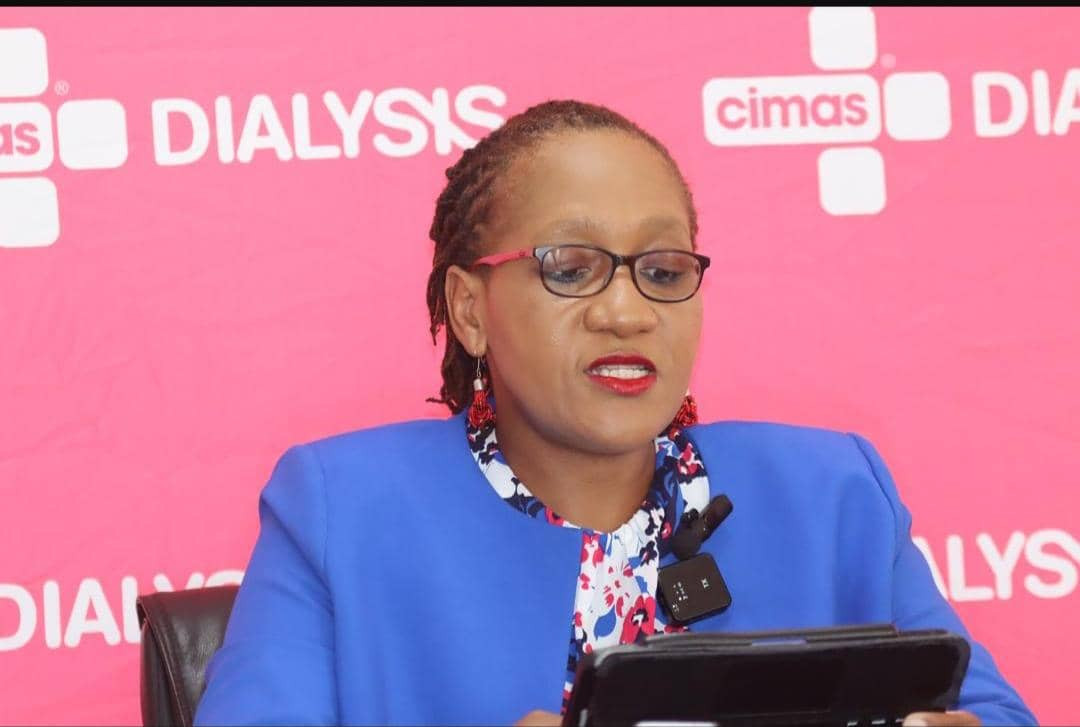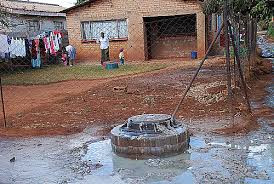
HURUNGWE Rural District Council ward 19 councillor Samuel Mabhera is a frustrated man.
His anger emanates from the maternal deaths he has witnessed in the greater part of his life.
Mabhera has also seen women give birth in homes and some on the way to clinics as the long distance to the health facilities has been a barrier to accessing safe maternal services for expecting mothers in the past.
Many thanks to both humanitarian and political efforts that have seen health facilities being set up at manageable distances.
But just as he thinks the trouble is over, Mabhera has realised that there is a new challenge with the local facility.
It is failing to handle some cases due to lack of capacity.
The women end up being referred to bigger hospitals, where they have met with the same fate, as most government institutions’ standards have been deteriorating over the years.
In most cases, they failed to make it.
- Health insurance key to curbing maternal deaths
Keep Reading
As Mabhera scratches his head in frustration, getting pregnant has become a death sentence in the village.
However, he can only conclude that health insurance is the answer as it enables these women access to better health institutions.
But then, there is also the question of affordability for the rural folks.
“I have seen it all. If only we could afford private hospitals, but we have no money,” Mabhera said recently.
“A friend of mine who is a teacher once told me that there is health insurance which can help solve this problem, but we don’t have knowledge about it. We live from hand to mouth, hence we can’t afford it.”
Zimbabwe’s maternal mortality rate remains alarmingly high.
According to the 2022 Population and Housing Census, maternal deaths stand at 362 per 100 000 live births.
While there has been a decline, the rate still falls short of the government’s target of 314.
In 2023, the institutional maternal mortality rate rose to 114 per 100 000 live births, up from 107 in 2022, as reported by the United Nations Population Fund, again missing the Health and Child Care ministry’s target of 73 per 100 000.
Lack of access to maternal insurance in Zimbabwe has a devastating impact on maternal health as women who do not have insurance have often been unable to access essential maternal health services, such as antenatal care, delivery and postnatal care as a result of financial constraints.
This has led to an increased risk of complications and mortality during pregnancy and childbirth, as well as reduced access to skilled health professionals.
Moreover, the burden of lack of insurance disproportionately fall on women especially in rural areas, as they are more likely to be uninsured than men fuelling existing gender inequalities in healthcare.
This further contributes to the overall poor maternal health outcome.
Experts argue that the direct impact of minimal access to maternal health insurance has led to long-term consequences for women and their families as women who suffer from maternal health complications or lose their babies during childbirth may experience physical, emotional and social challenges that can be difficult to overcome.
These issues can lead to increased poverty, financial instability and psychological trauma, which further impede women’s ability to lead healthy, productive lives.
Lack of knowledge on how health insurance can help to mitigate challenges faced by ordinary people has seen many suffering silently.
Health insurance cover makes them prepare beforehand in case such challenges that require maternal assistance occur without cash at hand.
Global studies have shown that uninsured pregnant women face challenges associated with poor service delivery compared to those that have insurance.
Muchanyara Cynthia Mukamuri, executive director at Self Help Development Foundation, said maternal deaths could be linked to a lack of insurance in several ways and the Tengwe situation is not isolated.
“By linking maternal deaths to lack of insurance, we can highlight the critical role of insurance in ensuring access to quality healthcare and reducing maternal mortality,” she said.
“There is inadequate access to quality healthcare and women without insurance may not be able to afford essential prenatal care, skilled delivery services and emergency obstetric care, leading to increased risk of complications and death.
“Uninsured women may delay seeking medical attention due to cost concerns, leading to worsening conditions and increased risk of maternal mortality.”
She added that there was limited access to specialised care.
“Insurance can provide access to specialised care, such as Caesarean section procedures or blood transfusions, which are often critical in emergency situations,” Mukamuri explained.
“Furthermore, uninsured women may face catastrophic out-of-pocket expenses, leading to financial hardship and decreased ability to seek necessary care.
“Lack of insurance can lead to reduced health-seeking behaviour, as women may avoid seeking care due to cost concerns.”
She further noted that uninsured women may be more likely to experience complications during pregnancy and childbirth due to inadequate care.
“Lack of insurance can worsen existing disparities in access to care, particularly for marginalised communities,” Mukamuri said.
She said there was a worrying factor on reduced access to family planning.
“Insurance can provide access to family planning services, which can help to reduce the risk of unintended pregnancies and related maternal health complications.
“Uninsured women may be more likely to experience postpartum complications due to inadequate postnatal care,” Mukamuri, who is also the Women Coalition of Zimbabwe chairperson, said, adding that all this was under intergenerational poverty.
“Medical expenses can lead to financial hardship, perpetuating intergenerational poverty and limiting opportunities for women and their families.”
Ronnie Bare, finance director with Empowering Company, which offers advisory services to micro, small to medium enterprises, said there was need for compulsory health insurance, especially for the poor and informal sector.
“The question is how to fund that cost. There is already an Aids levy at 3%, which is already over-stretched,” Bare noted.
“The informal sector while it will benefit from the health insurance has challenges of collectability of the premiums as most are unbanked.”
Insurance expert Sly Mudekunye said income inequality stood as one of the most significant barriers to women’s insurance uptake.
“In many countries, particularly in Africa, women face structural inequalities that result in lower income levels than men. Women, particularly in developing countries, often earn less than men and are more likely to work in informal or unpaid sectors, making it harder to afford insurance products,” he said.
The International Labour Organisation (ILO) Global Wage Report 2018/19 highlights this 20% pay gap as a persistent issue globally, while the United Nations emphasised similar findings on Equal Pay Day (International Labour Organisation).
In Sub-Saharan Africa, women earn on average 30% less than men for equivalent work, according to a World Economic Forum report released recently.
A study by ILO revealed that 62,1% of African women were employed in vulnerable jobs, such as informal work, compared to only 48,9% of men.
“These jobs are often low-paying, lack social security benefits and provide no access to formal insurance schemes,” Mudekunye noted.
He added that patriarchal structures often placed men in charge of financial decisions in Zimbabwe.
“Women might depend on their husbands or male family members for major financial decisions, limiting their direct interaction with insurance products. This is common in rural areas where traditional gender roles persist,” Mudekunye said, noting that there is a lack of tailored products for women.
“The lack of insurance products tailored to women’s specific needs, whether in healthcare, agriculture, or small businesses, directly contributes to lower uptake of insurance by women.
“Providing women with products that reflect their roles and responsibilities, such as caregiving or small-scale farming and addressing specific risks like maternity or widowhood, could significantly increase participation.”
In many African countries, social protection systems, including pensions, health insurance and unemployment insurance, are structured around formal employment, where men are overrepresented.
“This leaves many women in informal sectors without access to any kind of social insurance,” said the insurance expert.
A World Bank report revealed that 90% of women in sub-Saharan Africa work in the informal economy, where social insurance is rarely offered.











